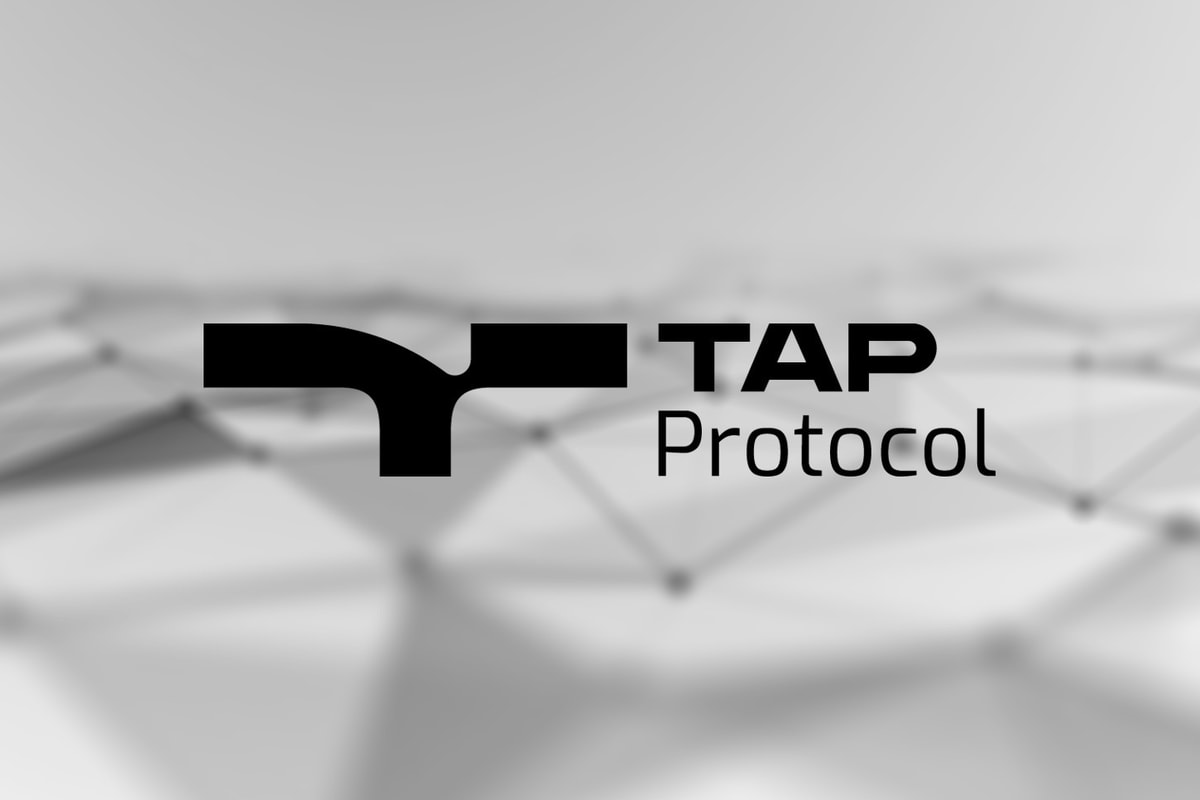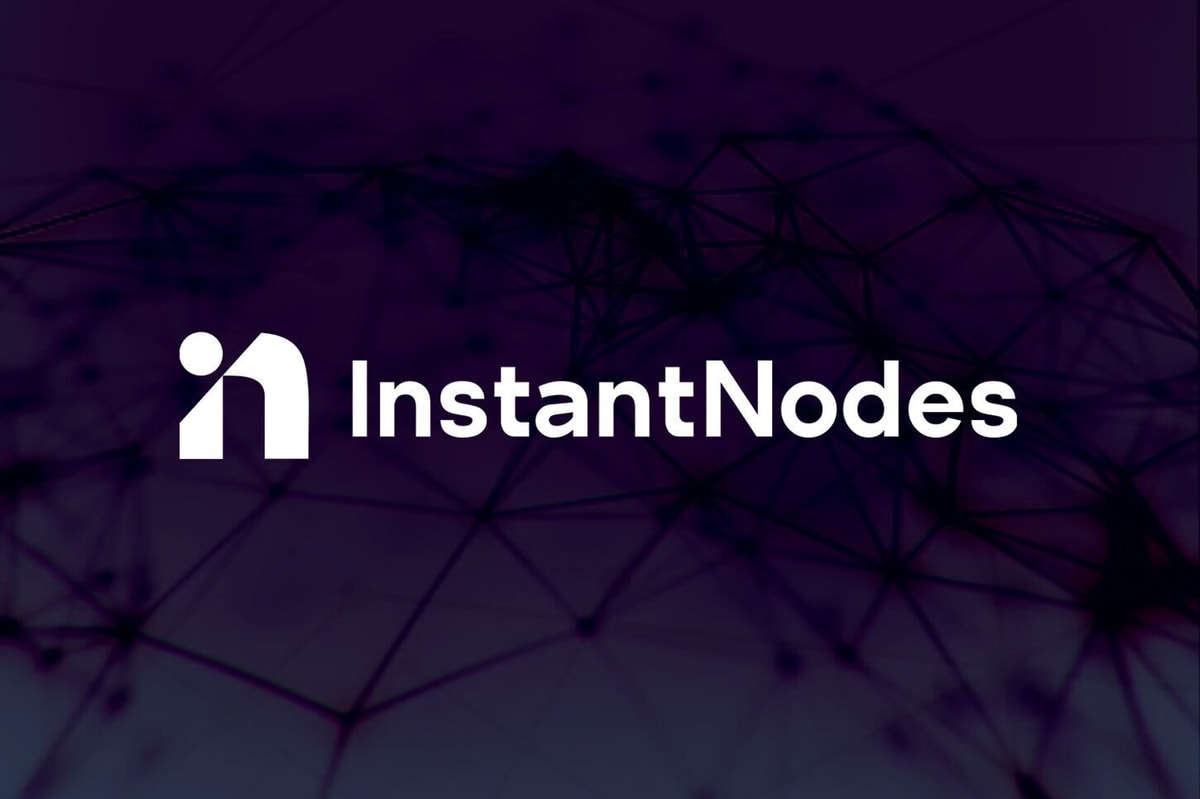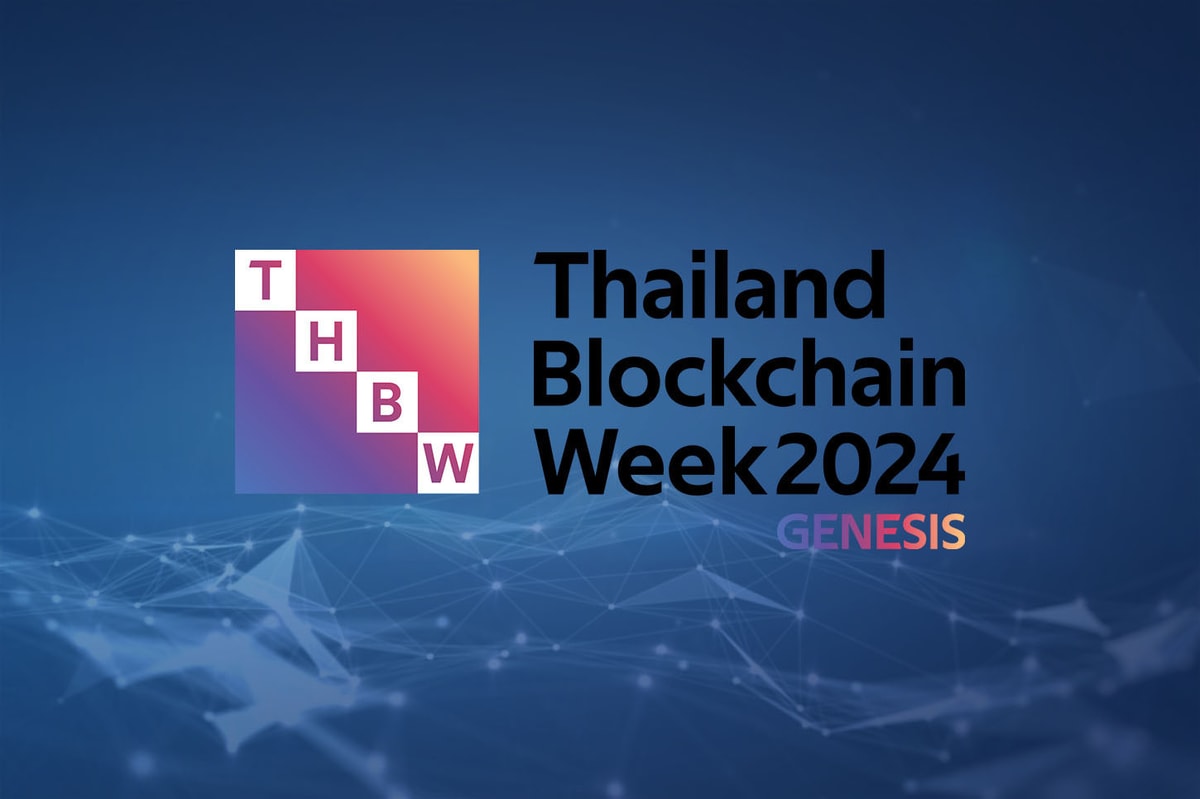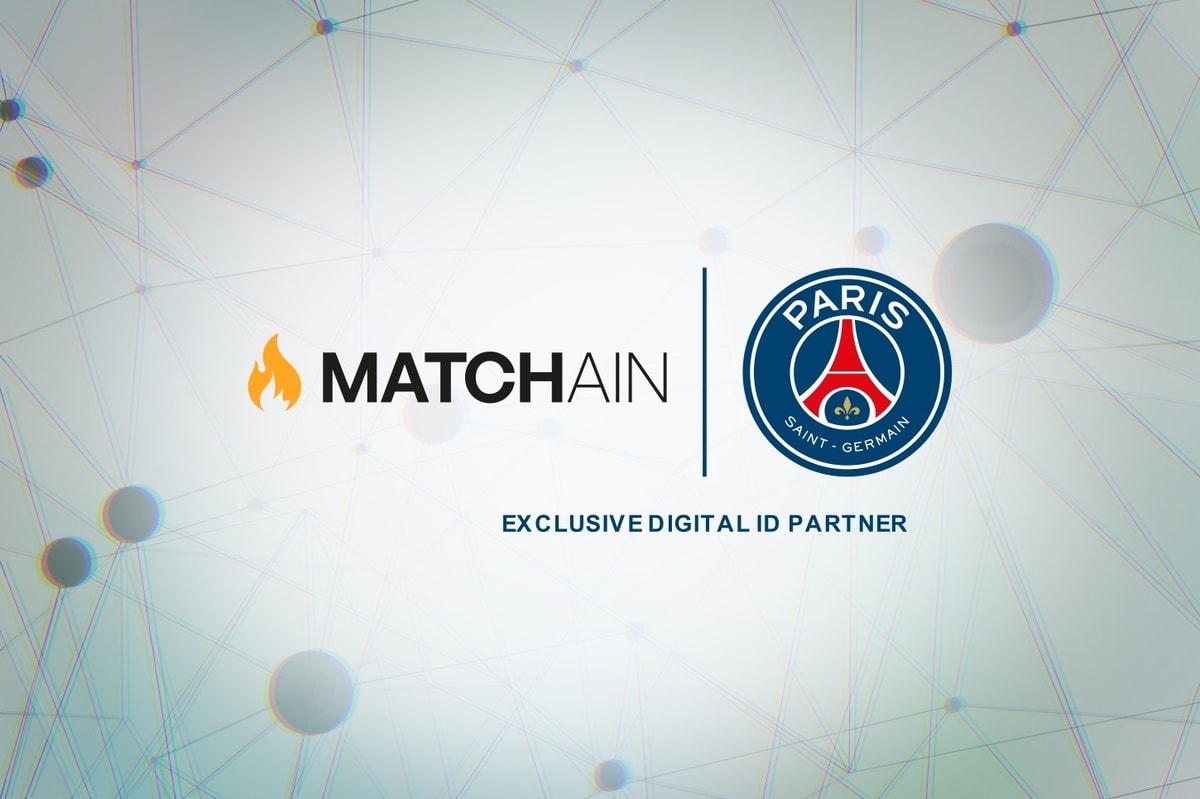The Raido Foundation has launched the Raido blockchain network. We believe this network will provide an ideal environment for quick, safe, user-friendly cryptocurrency transactions and, going forward, transaction-based smart contracts. Below we outline some of the key points about the project and tell you about how you can experience the network for yourself. We look forward to helping you with your investment goals.
The Raido Network aims to provide the tools needed for a next-generation blockchain network. The project has been going from strength to strength for two years and is now entering a new and exciting phase of its journey. Following the initial coin offering in 2018 and the launch of its crypto exchange in March 2019, this year has seen the launch of the genesis block and the main functions of the core network.
The network uses delegated proof-of-stake, which is the most popular consensus model, and its native cryptocurrency is RDO. Transactions are validated by master nodes, which are software that has exclusive rights and maintains the consensus throughout the network by using coins that participants delegate to it. Meanwhile, coin holders receive a portion of network commission fees.
The Raido Network aims to address the issues faced by modern blockchain architectures in six key areas:
Processing speed. A block is created after at least one signed transaction is received, meaning transactions are confirmed rapidly.
Participation in management. Coin holders participate directly by voting on changes to network parameters and the implementation of improvements.
Improvement opportunities. The network offers a voting mechanism and opportunities for improvement, allowing it to evolve and adapt.
Transaction costs. Transaction costs are fixed, allowing for the predictable implementation of business processes based on work with the network, including escrow functions.
Scalability. Raido’s DPoS network principles prevent resource wastage when processing transactions, while still maintaining high system throughput.
Applicability. The next stage of the network’s development is to create a platform for high-performance smart contracts that connect secure external data and decentralized applications with escrow functionality.
We are looking forward to the launch of the consensus algorithm this autumn, followed by the escrow smart contracts next spring. The first version of the decentralized application platform is due in spring 2023.
Support and development are overseen by the nonprofit Raido Foundation. More details about the network’s operations and links to the Block Explorer wallet can be found on the foundation’s official website.











